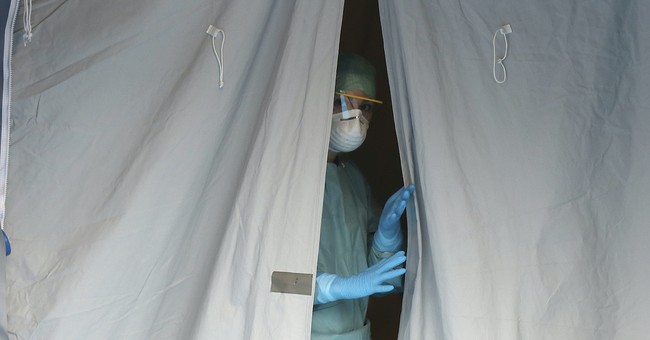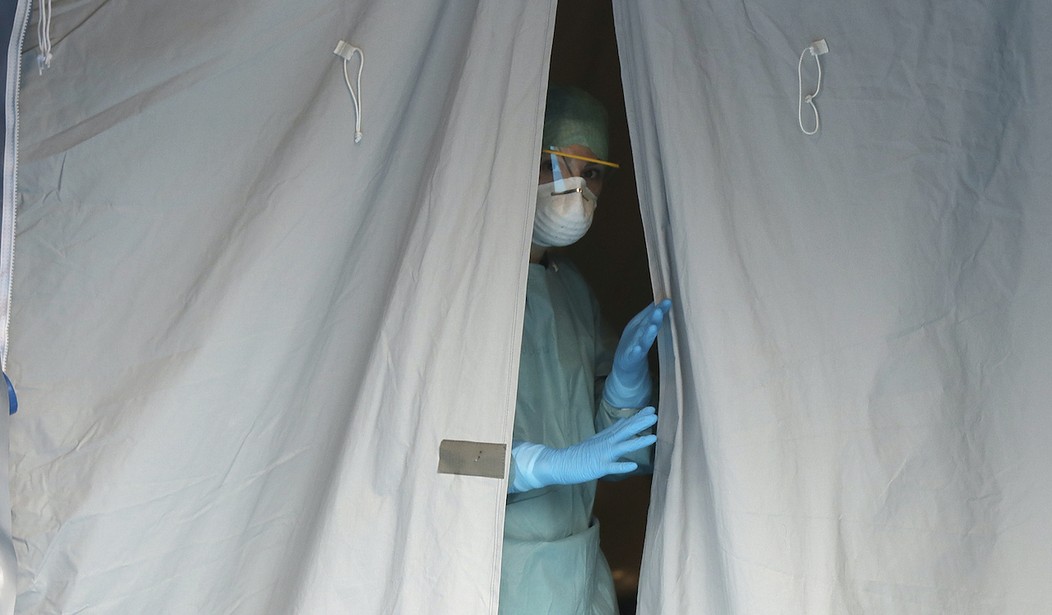
One of the more odd reactions to the Wuhan virus pandemic has been the constant attacks by the U.S. media toward Sweden, a relatively small European country that dared to do things differently than others. Instead of locking everything down, Sweden took the path of moderate social distancing, reasonable restrictions, and keeping the most vulnerable populations protected. They didn’t close schools or restaurants, nor did they spread panic throughout the ordeal.
Because of those steps, or lack there of compared to others, Sweden expects to reach herd immunity by May. Such an achievement could completely save them from any “second wave” of the virus, something that no one seems to want to add into their calculations of “success” in the varying responses.
Guess what: Sweden was right. https://t.co/sZF2Qf9vp5
— Buck Sexton (@BuckSexton) April 28, 2020
Despite these realities, the country has been roundly condemned by the media as an example of what happens when you don’t go into full draconian lock downs. But is that really fair?
For example, yes Sweden has more deaths per capita than Finland, yet with the same population, they have 3x less deaths than Belgium, a country that locked down early on. Compare Sweden to France, Italy, The Netherlands, etc. and their numbers look downright great.
What’s all this tell us? That lock downs are not the most important factor in containing the disease. If they were, we’d see a uniform degradation of exposure and deaths following those countries which locked down vs. those that were more lax. Yet, we don’t see that. Instead, we see Sweden besting many locked down countries while being beat by other countries which did lock down.
Take Canada, which has less deaths than Sweden but more than double the population. Isn’t it logical to assume that other factors can explain that, such as a more spread out population? Possibly, but solely screaming about lock downs certainly isn’t an answer that tracks with the facts.
Again though, even if we assume Sweden has done “worse” over the last three months because of their response compared to some other countries, what’s that going to look like next year? Will countries that did nothing to build up herd immunity be struck again, losing many more people in the process? Scientists seems to think yes, and it’s an undeniable positive of Sweden’s strategy that they will likely avoid such an event. That’s something almost no one wants to give them credit for. Perhaps they paid a slightly heavier toll early on, but there’s little doubt they are in much better shape going forward.
Was Sweden’s strategy right all along? Given the fact that they haven’t seen the explosion of deaths predicted early on, coupled with the fact that they are nearing herd immunity, I’d say it’s a pretty safe bet to say yes. They were willing to make some tough calls and it’s saved their economy, along with countless lives via other causes in the process. Instead of bashing them, they should be commended.















Join the conversation as a VIP Member